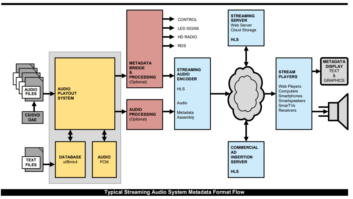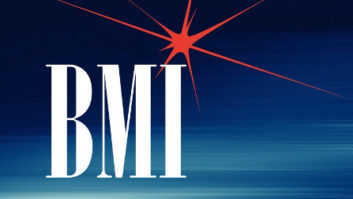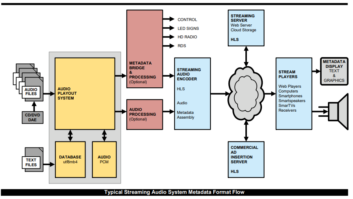Radio took one on the nose Wednesday on Capitol Hill.
The Performance Rights Act passed the House Judiciary Committee by a healthy margin and now goes to the full House for a vote. A companion bill is pending in the Senate.
The vote was 21 to 9. But committee passage of H.R.848 was expected, opponents say, and the National Association of Broadcasters believes it has a better chance of killing the bill on the floor, where it says some half of representatives oppose it.
The musicFIRST Coalition, backed by major record labels and associations such as AFTRA, stated: “Our continued momentum in Congress is proof that it’s well past time to recognize the importance of fairly compensating the artists and musicians whose talent and hard work allows radio to generate billions of dollars in ad revenue each year.”
NAB said if this royalty is enacted, 50 percent of the new fee would go to the major record labels.
Though it lost the committee vote, NAB stated: “We were pleasantly surprised by the considerable bipartisan opposition to a performance tax, even in a committee where support for the record labels is strongest. NAB applauds these nine members for standing with America’s hometown radio stations, their 235 million weekly listeners and the yet-to-break artists who will lose their number one promotional platform if this bill is enacted.”
The Judiciary Committee approved an amendment offered by Chairman John Conyers, D-Mich., who introduced the bill. The amendment reduces the fee small stations would pay in a nod to critics, including minority broadcasters like Radio One, who say extra fees would devastate the strapped radio industry and especially hurt minority-owned stations.
The changes create a sliding fee scale for small stations. Stations with annual gross revenues of less than $100,000 would pay $500 each year. Those with gross revenues between $100,000 and $500,000 would pay $2,500. Those between $500,000 and $1.25 million would pay a royalty fee of $5,000 per year.
In the original bill, stations with gross revenues of less than $1.25 million would pay a flat fee of $5,000. Non-commercial stations, such as college stations, would pay $1,000. Talk formatted-stations and religious broadcasters would be exempt from the new fees.
The fees wouldn’t start for three years if a station’s revenues are less than $5 million annually, and for one year for others.












